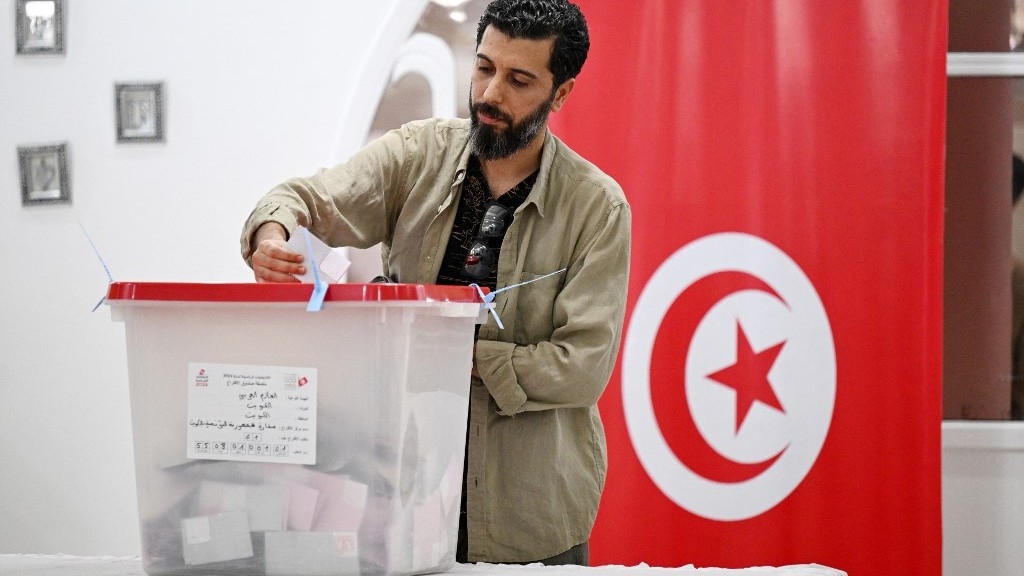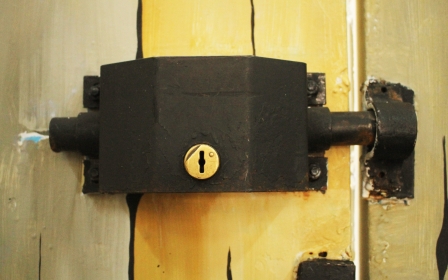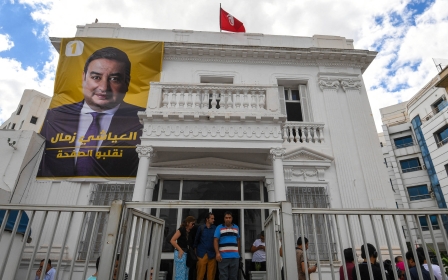Tunisia's presidential election: Saied set for landslide win amid low voter turnout

Tunisian President Kais Saied is expected to win the presidential election with 89.2 per cent of the vote, according to an exit poll broadcast on state TV on Sunday.
This result would further cement Saied's rule following his consolidation of power in 2021. Official results are not expected to be announced until Monday evening.
Voter apathy dominated Tunisia's presidential election on Sunday as less than 30 per cent of the electorate turned out for the country's third presidential ballot since the 2011 Arab Spring revolution.
The elections saw President Kais Saied facing two opponents: imprisoned businessman Ayachi Zammel and leftist candidate Zouhair Maghzaoui, a former supporter of Saied.
Saied, a former law professor who rose to power by capitalising on frustration with the post-Arab Spring political class, is expected to easily win due to his opponents being largely marginalised or imprisoned.
New MEE newsletter: Jerusalem Dispatch
Sign up to get the latest insights and analysis on Israel-Palestine, alongside Turkey Unpacked and other MEE newsletters
His first term has been marked by economic struggles and increasing political power after he suspended parliament in 2021 and rewrote the constitution.
The country besieged opposition rallied for a boycott calling the election a sham.
By the time polling stations closed, 2.7 million voters—27.7 per cent of the electorate—had cast their ballots, a stark decline from the 49 per cent turnout in the first round of the 2019 election.
Many candidates had expressed interest in running against Saied, but only three were approved by the election commission, which is entirely appointed by the president.
Rising autocracy
Two years after his election in 2019, Saied, 66, dissolved parliament in 2021 and began ruling by decree in a move the opposition has described as a coup.
He has said he will not hand over power to what he calls "non-patriots".
When submitting his official candidacy for presidency earlier this year, Saied denied placing any restrictions on rivals, saying that "whoever talks about restrictions is delusional".
"There are no restrictions on potential candidates for the presidential elections… this is nonsense and lies," Saied told reporters after submitting his file.
"We will not accept any foreign party interfering in the choices of our people," he added.
According to recent data, Tunisia's economy is facing chronic problems, starting with public debt, which spiked to more than 80 percent of Tunisia's national income or the GDP - it was less than 40 percent in 2010, immediately before the Arab Spring.
In addition, the deficit in the current account (balance of trade) has climbed to 15 percent of GDP as prices of imported goods, like basic commodities and energy sources, have increased sharply over the fear years, due to global inflation and the effects of the ongoing Russia-Ukraine war.
Middle East Eye delivers independent and unrivalled coverage and analysis of the Middle East, North Africa and beyond. To learn more about republishing this content and the associated fees, please fill out this form. More about MEE can be found here.





